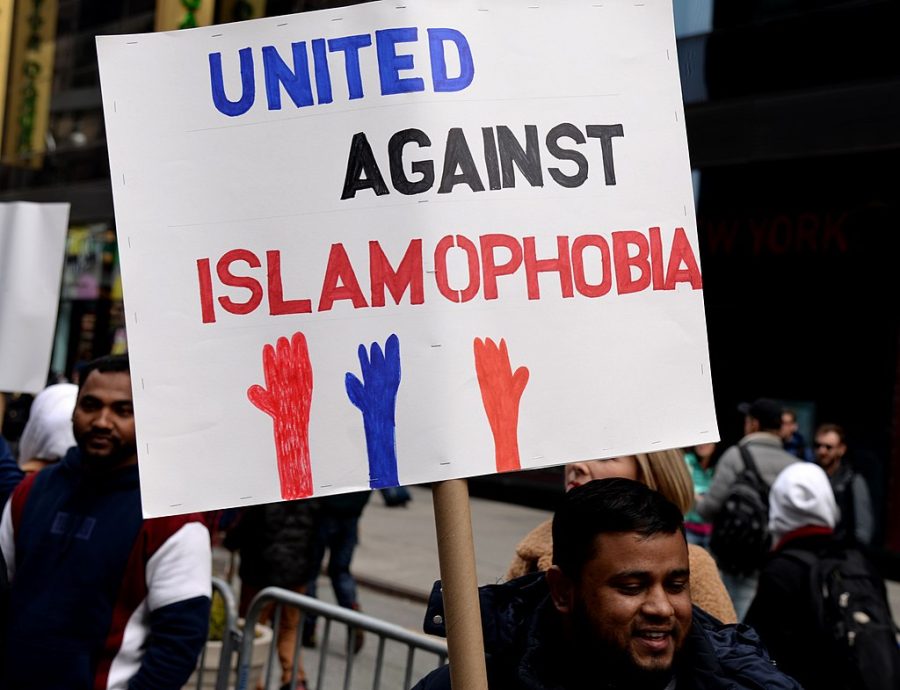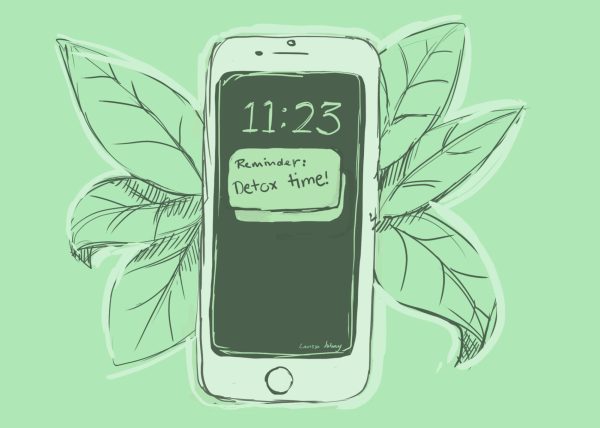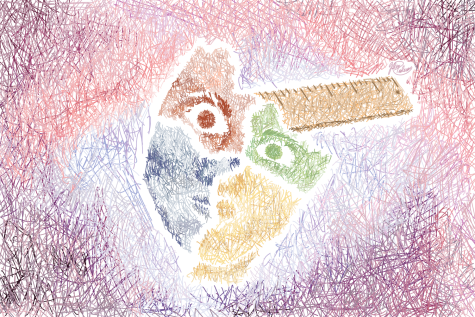The Persistence of Islamophobia
Fumes burst as ash and dust filled the air; you could hear the sound of people, screaming, as they crashed into the North Tower of the World Trade Center — September 11, 2001 is a day no person will forget. Al Qaeda terrorists attacked the Twin Towers, causing a massive loss of life and disturbing the connection between America and the Middle East. It reshaped how the world viewed terrorism. That day, many American Muslims felt like their love for this country was under attack, and it only got worse overtime. By 2011, roughly 50% of the United States population believed that Western societies did not respect Muslim culture. The attack led to a surge of hate crimes, racial profiling, discrimination, and a swell in Islamaphobia.
American foreign policy has helped to stoke Islamophobia. One historical event that is rarely talked about is the funding of the Mujahideen, the root of Al Qaeda, by the US government, to aid Afghanistan in fighting off its invasion by the Soviet Union (Dec 24, 1979 – Feb 15, 1989). Al Qaeda terrorists have caused much pain and suffering in the Western world, but that violence is a commonality in the Middle East. The blame is often put on certain people, including immigrants, Muslims, and other people of color. Rather, it should have been equally shared. However, the way America treated Muslims after 9/11 created a culture of fear, especially among Muslims.
Hasan Minhaj, a well-known comedian, channeled that fear. He once received a death call on 9/11. Simply put, the caller said,” I am going to *** kill you.” After a group of people trashed his family’s car, all his father had to say was, “These things happen, and these things will continue to happen. That is the price we pay for being here.” After living in America for a couple of years, immigrants realize that they have to pay “The American Dream Tax.” Hasan Minhaj describes this as the discrimination immigrants have to tolerate to stay in America.
I have witnessed plenty of cases of racism, whether it came from the news or I experienced it myself. I still remember when I first heard about Donald Trump declaring a travel ban on countries such as Iran, Syria, Somalia, and Yemen, countries with a majority Muslim population, to aid in keeping track of terrorist activity. I felt as though the travel ban was practically stating that the land of opportunity was not open to certain immigrants.
Haweed Darweesh, a 55- year- old Iraqi, who helped the U.S. military for ten years in Iraq as an interpreter, was forced to return to Iraq. Similarly, Fuad Shareef and his family, Iraqi refugees, were given American Visas the day before the ban because Fuad aided the U.S. military. The family sold their home, and Fuad quit his job. They did this as they were coming to the US. Regardless, they were forced to return to Iraq. This man put his and his family’s life in jeopardy, to help us, and he was driven out of America. There are others with similar stories.
Some Muslims who emigrate to America, like many immigrants are trying to escape poverty, famine, lack of education, or even captivity. They come here with determination and willingness to work hard and make a name for themselves. Many immigrants see America as a highly advanced country where one can come to accomplish their dreams. However, the legal hurdles and the reality of emotional baggage that come with pursuing the American Dream force many to turn away.
This may seem like a distant topic to numerous people, but many cases of racism have occurred on our campus. For example, one student reported that she was confronted with blatant racism during her first year at our school. After Trump’s inauguration, she was told by an academy classmate that, “Some Muslims are good, but most are bad.” These disrespectful remarks did not cease. Often, she heard harmful remarks including, “They say an apple a day keeps the doctor away, but since most of them are Muslims, I guess bacon would do.” Bacon is considered haram (forbidden) in Islam.
This student is not the only one who faced Islamophobia. As a kid, I did not know much about racism. I had the mentality that the world was perfect and everybody was the same. I learned quickly that I was very wrong — especially when I lived in Chicago. When I was in 3rd grade, one of my closest friends stopped talking to me. They made up rumors about me, relating to my religion, that I would never forget. One memorable remark was, “Maysarah is part of a terrorist family.” Due to that one rumor, I was constantly bullied by my peers in school. They would throw food at me and trip me in the hallways of the school. Racism and islamophobia were the main reasons I transferred schools.
As Hasan Minhaj has said, “There are over 100 definitions of the word terrorist.” In this country, we tend to categorize people of color, including immigrants and Muslims, as terrorists. That has only increased since 9/11. The next time you find yourself making assumptions about someone based on how they look, where they come from or what they believe, stop and consider where these assumptions come from, and if they are hurtful. I hope that not only America, but the world will realize it doesn’t matter who or what you believe in, we are all the same.








Darin Eberhardt • Oct 14, 2022 at 3:03 pm
Nice article – Islamophobia and anti-Arab sentiments in general have got to be one of the most accepted forms of bigotry in the US and Europe. We need more people talking about xenophobia, especially towards Muslim or Arab people.